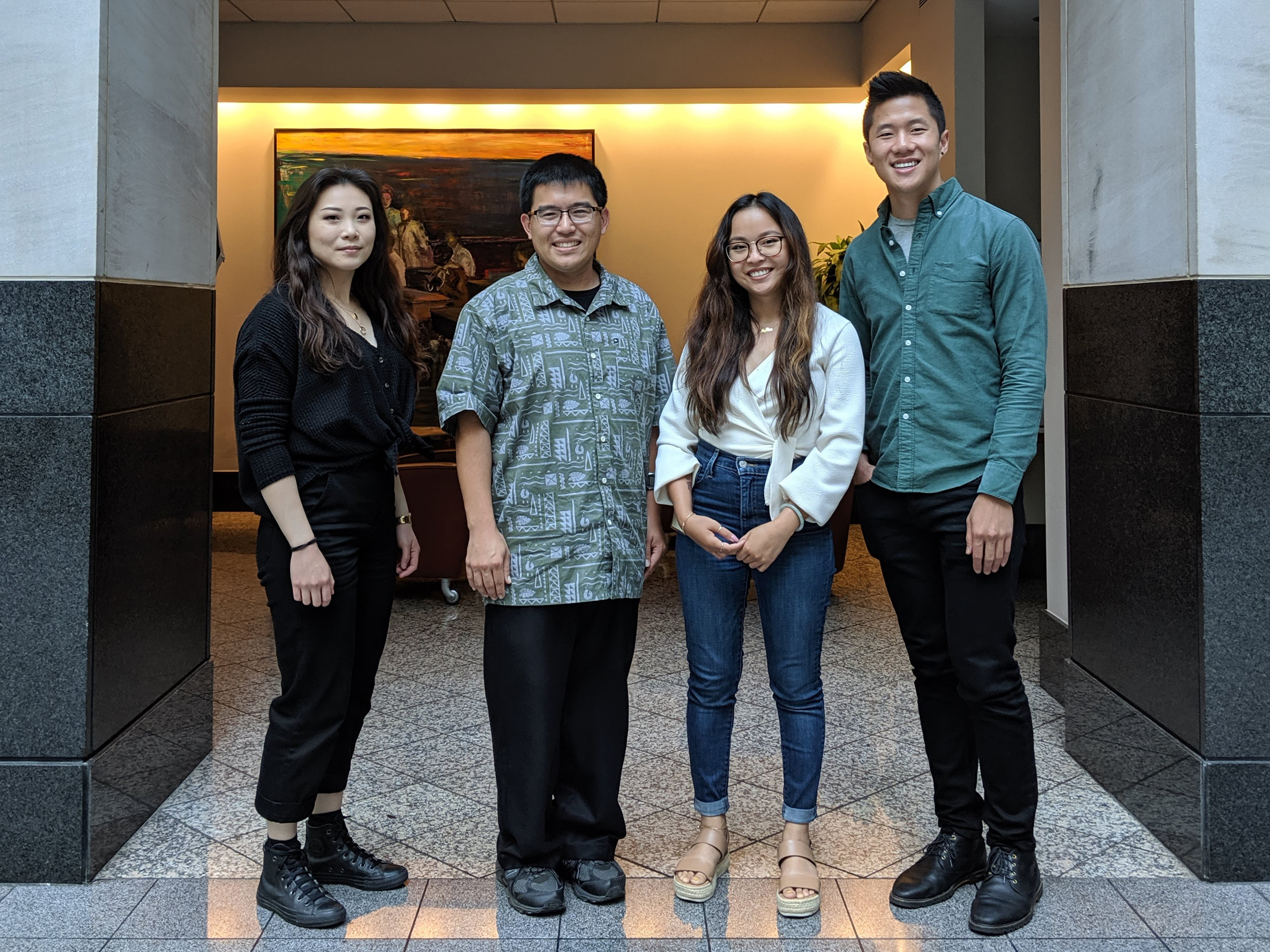Click here to watch this video on YouTube.
A Hawaii teacher is learning the importance of advocating for the Southeast Asian community.
Shaun Kamida recently attended a conference by the Southeast Asia Resource Action Center (SEARAC) in Washington, D.C. The National Education Association served as the host venue.
He joined nearly 50 Southeast Asian American advocates and allies representing 16 states and 31 organizations from across the country to learn how to effectively advocate for change in their communities.
"At McKinley High School, we do have a large amount of the Southeast Asian population and it’s rapidly growing, so I figured this would be a good opportunity to help expand the resources of my students there as well," explained Kamida, who teaches social studies and agriculture. "At this conference, I learned a lot about trying to empower the Southeast Asian population in the United States because they are an underrepresented population."
Kamida said a major issue discussed at the leadership and advocacy training was to encourage more Southeast Asian Americans to pursue higher education.
"One of the things we did talk about was applying for the FAFSA (Free Application for Federal Student Aid) and how it’s also like a deterrent for them, because even though they do speak English themselves, their parents are immigrants from whatever country they came from and don’t speak English, so applying for the FAFSA is almost like an extra deterrent for them, especially when it comes to the tax part in filling all that out," Kamida said. "One of the things we’re trying to advocate for is to have the FAFSA written in more languages other than English or Spanish."
Another important lesson addressed the impact of the United States Census Bureau.
"Filling it out determines the amount of resources, money that is given to help certain groups, and we want to expand the point that a lot of minority groups the U.S. Census because otherwise we’re losing money on available resources, especially in education for the schools to help with that underprivileged groups," said Kamida, who is vice president of the Hawaii State Teachers Association's Honolulu Chapter.
During their training, participants spoke with members of Congress about the immigration, education, and health issues that are impacting Southeast Asian American communities in the United States.
As part of their rotation, Kamida and his cohort met with the education liaison for U.S. Sen. Brian Schatz (D-Hawaii).
"One of the issues we talked about was the early college that we have here in Hawaii where students at Waipahu High School were able to obtain an associate’s degree by the time they graduate high school, and I believe that this opportunity should be expanded to all public high schools here in Hawaii, because we do already have a program called Running Start, but it requires the students to pay for the college credits out of their own pocket. So if a student is over-exceeding in high school but doesn’t have the money, it kind of holds them back," Kamida said. "I believe Sen. Schatz’s staff also agrees that this should be a priority, that we should expand the opportunity for all students."
SEARAC is a national civil rights organization that, according to its mission, "empowers Cambodian, Laotian, and Vietnamese American communities to create a socially just and equitable society." It was founded in 1979 and advocates at the highest levels of national and California state government.
"The major thing I can take away is I realized how spread out the Southeast Asian community is on the mainland," Kamida said. "I think it’s a really growing community and I really do believe that opportunities need to be expanded out to that underrepresented group."

